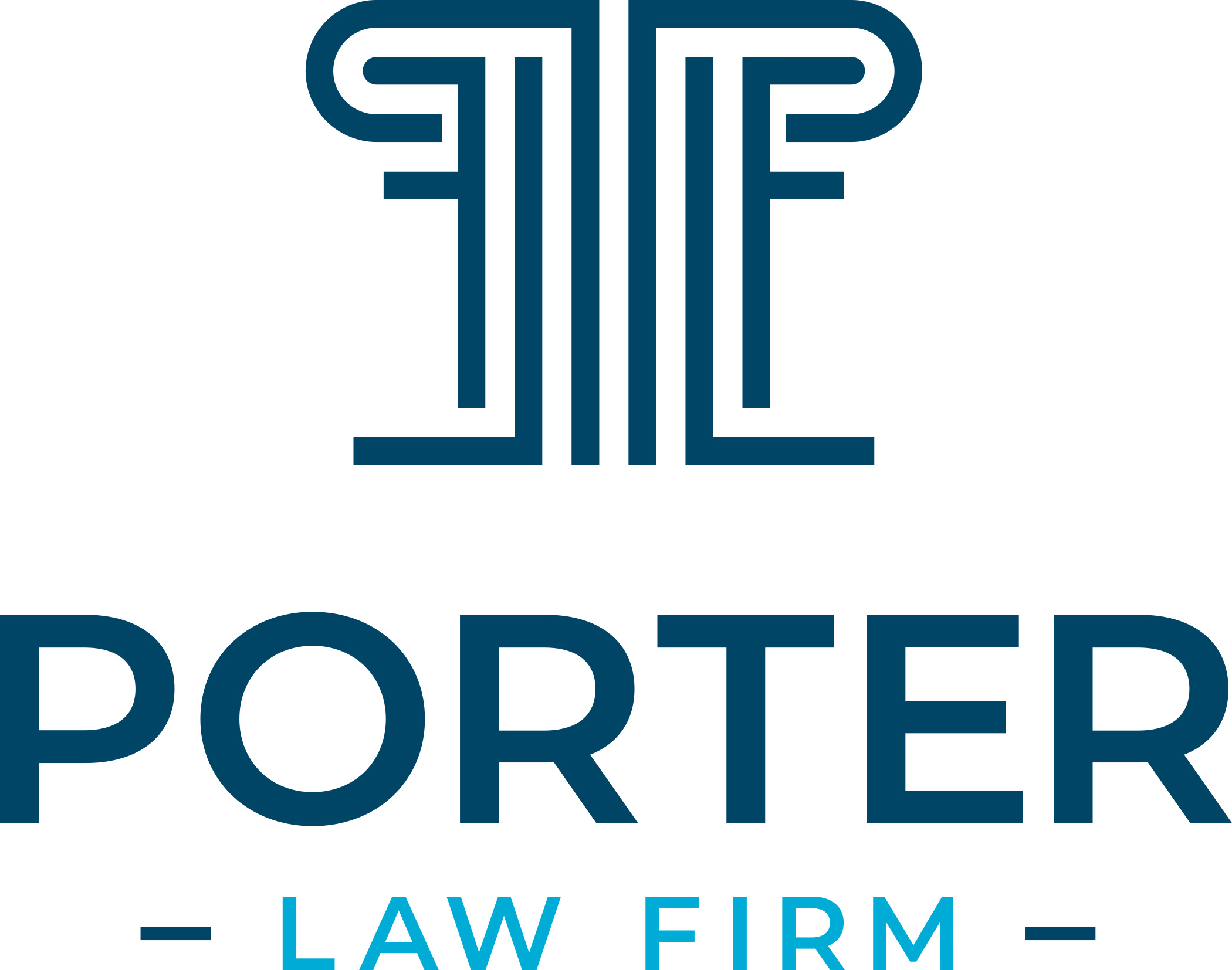How Construction Attorneys And Third-Party Experts Can Rescue Projects From Last-Minute Defects

Imagine getting to the end of a construction project and undergoing a routine inspection only to discover previously undetected defects. This can derail timelines and budgets and come as an unwelcome surprise for project stakeholders who have already waited months or years for a development to be completed. As a result, building owners might enter a dispute against the developer or contractor for not addressing these defects promptly, seeking repairs or payment for damages.
Porter Law Firm Managing Partner of Litigation William Barfield, whose work centers on helping clients with construction defects and commercial litigation, said building owners can avoid these disputes and get ahead of issues by communicating with a construction attorney at each stage of the building process.
Attorneys play a critical role in mitigating potential risks by reviewing and negotiating construction contracts and by managing any arising disputes, Barfield said. They can also engage third-party professionals, such as structural engineers, to conduct site visits during construction, perform inspections for potential defects and verify that project milestones are being met in accordance with contractual obligations. This can ensure that projects are progressing on schedule, without incurring additional costs.
If there are postconstruction issues that weren't previously addressed, attorneys can work with these same experts to develop an evidentiary foundation to support a potential claim or a defense in a legal dispute.
Barfield likened a construction defect to a potentially serious health problem, highlighting the importance of proactive measures with the saying, “An ounce of prevention is worth a pound of cure.”
“When clients come to us, it is often due to significant systemic defects that may compromise the structural integrity and safety of the building and diminish its overall market value,” Barfield said. “Such defects are particularly detrimental to parties who have entrusted their financial investment to a contractor or builder. These matters require our prompt legal intervention to protect their interests.”
Construction defects that may emerge at the project's outset include foundational failures resulting from inadequate soil preparation or insufficient structural reinforcement. These defects can significantly affect the building's overall structural performance, habitability and long-term viability.
Another potential issue can occur when the building envelope is improperly constructed, allowing water intrusion and increased humidity levels, which can lead to mold growth, he said. Significant water intrusion is particularly concerning, as it can undermine the structural integrity of a building and negatively impact its habitability and safety.
“Unfortunately, these issues happen more often than one might expect, and a lot of the time, we find them after the fact,” Barfield said.
To prevent this, attorneys may engage experts during the preconstruction, planning and design phases to review building plans and ensure compliance with applicable codes and regulations. Geotechnical experts can perform soil analyses and conduct on-site inspections to identify any subsurface conditions that could pose future risks or develop into significant issues.
“The experts collaborate with the attorney to establish a foundational assessment of construction quality and regulatory compliance,” Barfield said. “Their documentation serves to define expectations and create a comprehensive record of the builder's contractual obligations concerning the project.”
Barfield said experts will visit the site regularly to make note of discrepancies with site plans or building codes. If issues arise, attorneys can connect with developers to fix them.
If defects are found at the end of construction, third-party experts will compile their findings in a report, which may be helpful to the attorney and their clients in future proceedings, he said.
“The experts assist us in determining the causation of the defects and developing an appropriate remediation strategy,” Barfield said. “We rely on expert reports and expert testimony to demonstrate the existence of defects and the builder's failure to comply with building codes and industry standards.”
If construction defect concerns can't be resolved through negotiation, clients often pursue their claims through arbitration, a private legal forum where disputes are presented before one or more arbitrators with extensive experience in construction law. Arbitration provides a structured process, culminating in a final hearing where the arbitrators render a binding decision.
Both parties are typically encouraged to settle their disputes earlier through mediation, a process involving a neutral third-party mediator who facilitates negotiation to achieve a mutually agreeable resolution before the final arbitration hearing.
Barfield recommended that clients stay up to speed on their construction contracts, which typically include a process for dispute resolution. Clients should work closely with their attorneys throughout that process and learn more about how the dispute can be resolved.
“It’s crucial to have a dialogue with your construction attorney, who fully understands both positions and can help direct a successful resolution,” Barfield said. “They can help assist the client in navigating this process more effectively and increase the chances of a favorable outcome.”
This article was produced in collaboration between Studio B and Porter Law Firm. Bisnow news staff was not involved in the production of this content.
Studio B is Bisnow’s in-house content and design studio. To learn more about how Studio B can help your team, reach out to studio@bisnow.com.

